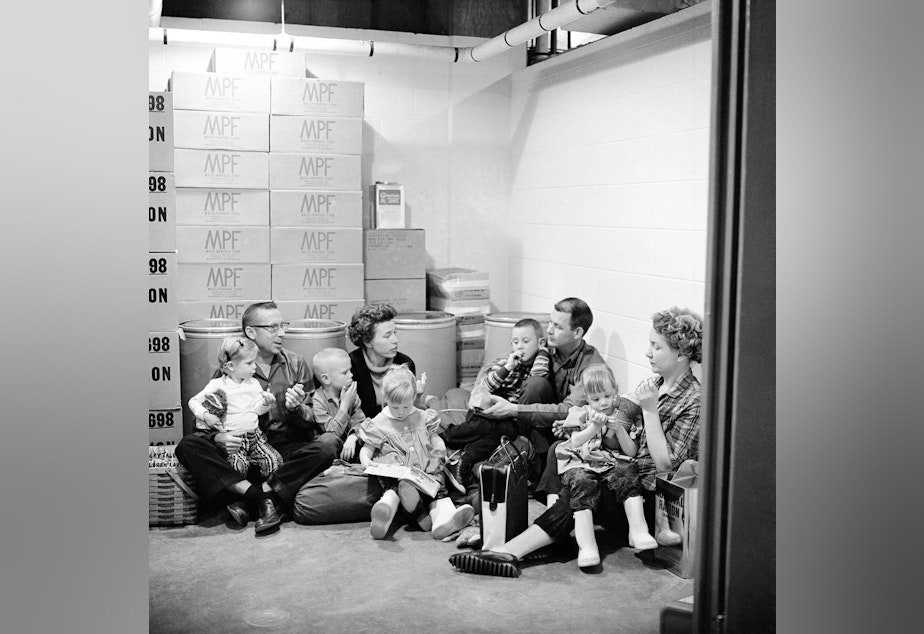Stop acting like the planet is doomed, says this Harvard prof

If you follow the news, you might get the impression that things are pretty bad.
Not just "why bother" bad. It's "throw your hands up" bad.
Or even "eat a large bag of Sour Patch Kids in one sitting because we're all doomed anyway" bad.
But Harvard psychologist Steven Pinker thinks there’s never been a better time to be alive on this planet, and fatalistic thinking only gets in the way of our ability to solve problems.
He talked with Bill Radke about his new book, Enlightenment Now: The Case for Reason, Science, Humanism and Progress. Here are excerpts from Radke and Pinker's conversation. Questions and answers have been edited for clarity and length.
Sponsored
So, is it okay to ignore day-to-day bad news?
We shouldn't ignore anything. But you shouldn't allow it to monopolize your picture of the world — and you can get a seriously distorted picture. Not everything goes wrong everywhere, always. Among the things that happen is that people solve problems.
Did you hurry to get your book done before there's a nuclear war or a massive bio-terrorist attack?
Sponsored
I don't think a massive bio-terrorist attack is going to happen for a number of reasons. It's not so easy to mount a massive bio-terrorist attack, and it's not even that attractive because terrorists like instant theater. People slowly getting sick and coughing on each other just doesn't make for the kind of headlines that a serious terrorist wants. I think the threat of nuclear war is something we should take seriously, but the world has survived half-mad despots with nukes before. This doesn't mean that we should take it lightly — quite the contrary. What it means is we should not give up and assume that we're doomed. That's the fatalistic vision that I want to speak against, because I think that it numbs people.
Will the Industrial Revolution and scientific progress still be worth it if there are millions of global warming refugees? And species die-offs? And weapons of mass destruction wiping people out?
Yes, the species will survive. The species survived medieval, religious wars, too. But will the excitement look like such a complete success story? Well, the enlightenment ideal is that you solve problems when they occur, and you're assuming we fail with that one big problem — climate change. Of course, we do have to decide to solve or it's not going to solve itself. What's essential is that we do treat it as a problem to be solved rather than assuming that the planet is cooked and going on with business as usual.
What will future generations say got better in the 22nd century?
Possibly the fate of animals. Factory farming might be seen as a great crime that our descendants may look back on, the way we look back on slavery. And possibly incarceration. Maybe there are more effective ways of deterring people from aggression than locking them up for years.
Sponsored
Are you saying that we ought to be upset and gloomy about incarceration and animal slavery?
Not gloomy, but take an attitude of recognizing problems, recognizing suffering and figuring out ways to alleviate suffering with the confidence that our ancestors did it in the past. Progress has occurred. Is there progress without upset? Maybe not. The point of the book is not to get upset. The point is to to recognize that people who got upset in the past actually succeeded in improving things. I hope that we are going to have more peace of mind in a hundred years because we will have learned not to take our thoughts so seriously.

